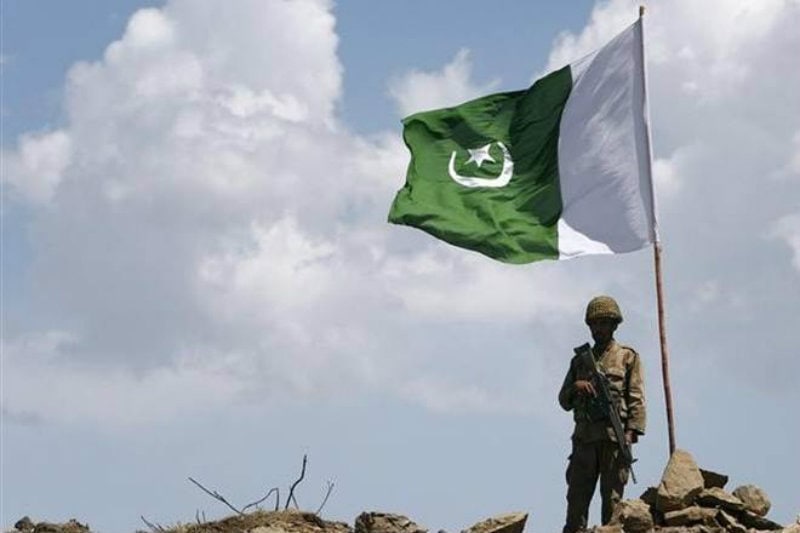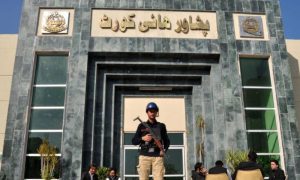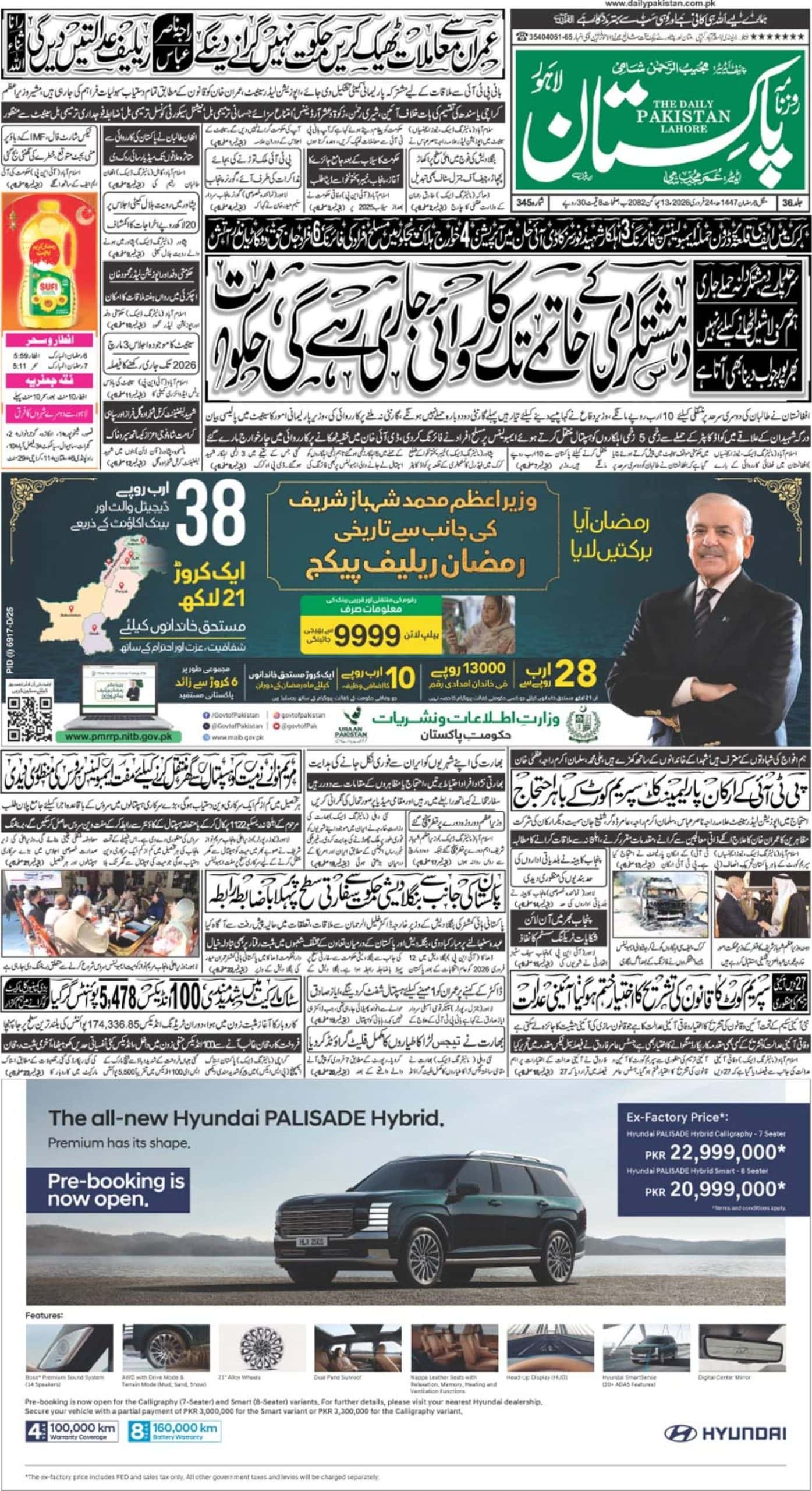WASHINGTON – The United States Congress has finally passed the 2017 National Defence Authorization Act, which includes $1.1 billion for reimbursing the nations supporting US military operations in Afghanistan.
The largest chunk from this amount, $900 million, is available for reimbursement to Pakistan but almost half of it, $400m, has been put out of its reach. To get those $400m, Pakistan will have to get a ‘good conduct’ certificate from the US defence secretary.
Passed by the Senate by 92 to seven votes on Thursday and by the House of Representatives by 375 to 34 votes last week, the bill now goes to the White House for President Barack Obama to sign it into law.
The act imposes four conditions on Pakistan to qualify to receive assistance from the restricted amount:
US Defence Secretary Ashton Carter needs to certify to the Congress that Pakistan continues to conduct military operations that are significantly disrupting the safe haven and freedom of movement of the Haqqani network in Pakistan. He also needs to certify that Pakistan has taken steps to demonstrate its commitment to preventing the group from using its territory.
The secretary needs to certify that Pakistan actively coordinates with Afghanistan to restrict the movement of militants, such as the Haqqani network, along the border.
And the final certification needs to say that Pakistan has shown progress in arresting and prosecuting Haqqani network’s senior leaders and mid-level operatives.
The measures also include a “sense of Congress that Dr Shakil Afridi is an international hero and that the government of Pakistan should release him immediately from prison”.
Dr Afridi led US forces to the compound where Al Qaeda leader Osama bin Laden was hiding in the garrison city of Abbotabad.
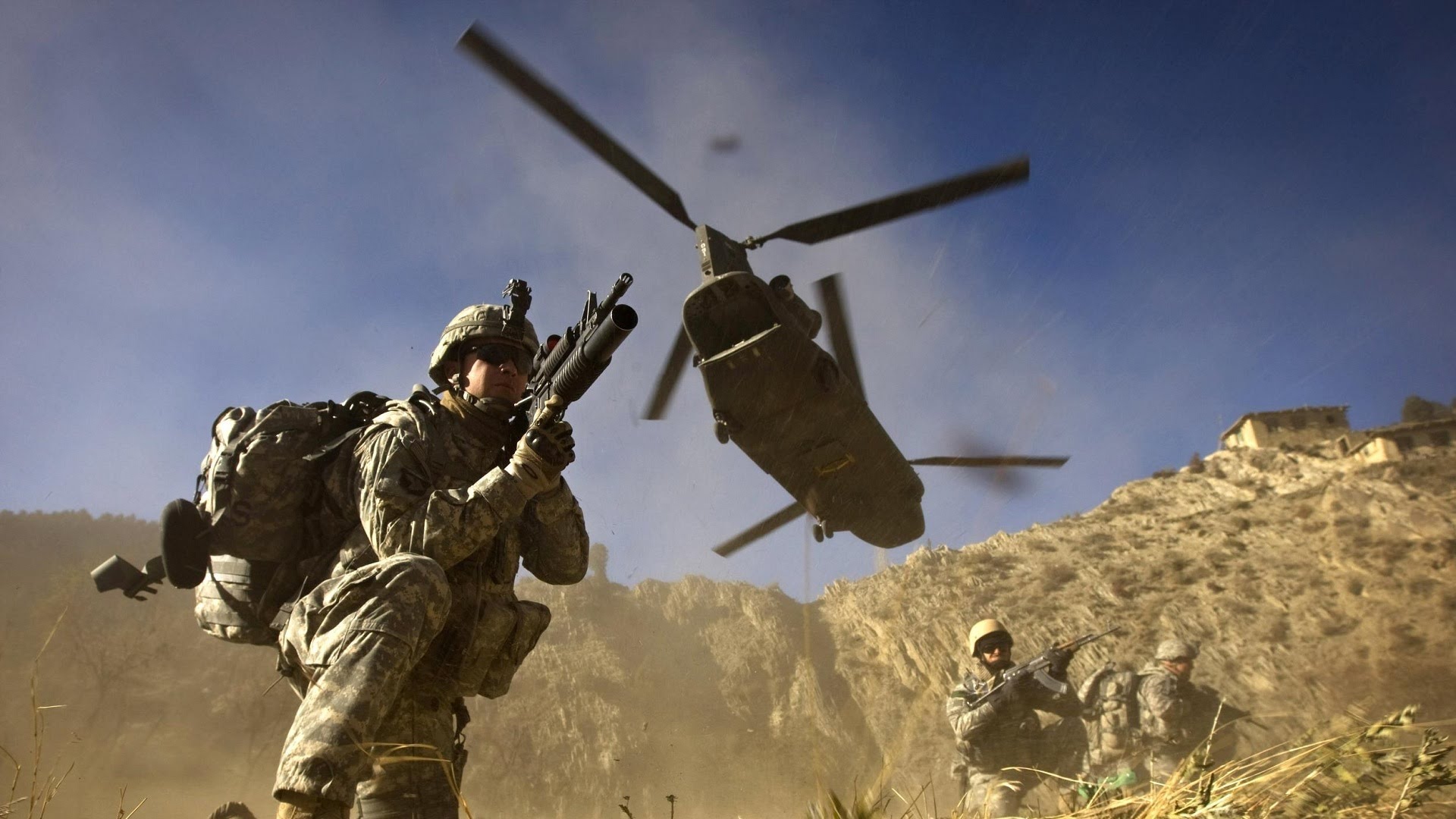
US invasion of Afghanistan
The conflict and instability in Afghanistan in the aftermath of 9/11 terrorist attacks and their regional implications have badly impacted Pakistan’s economy and infrastructure. Due to the war on terrorism, the country has suffered an estimated loss of $ 14.8 billion in the past two financial years, 2014-15 and 2015-16, says the Economic Survey.
According to an estimate, around 1.3 million people were killed, both directly and indirectly, in Iraq, Afghanistan and Pakistan as a result of US-led wars in the region in more than a decade.
In Pakistan alone, more than 80,000 people including civilians, journalists, security forces were killed in the war on terror.
More than 2,200 US troops have been killed and hundreds of billions of dollars spent since the US-led invasion in 2001.
The US has about 10,000 troops in Afghanistan to train and advise Afghan security forces combatting a resilient Taliban insurgency. US special operations forces are hunting down al-Qaeda and Islamic State of Iraq and the Levant (ISIL) fighters.
By US estimates, the Afghan government controls slightly less than two-thirds of the country’s population. The Taliban holds sway over about 10 percent, and the remainder of the population is “contested”.
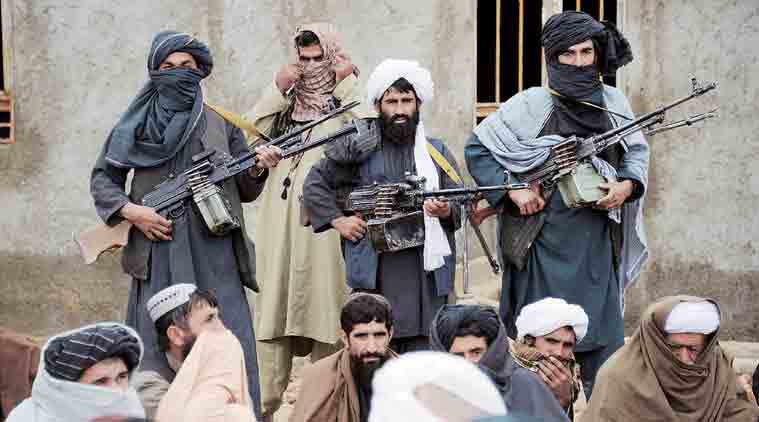
A number of provincial capitals have been under pressure from the Taliban, while Afghan forces have been suffering high casualty rates, with more than 5,500 killed in the first eight months of 2016.

